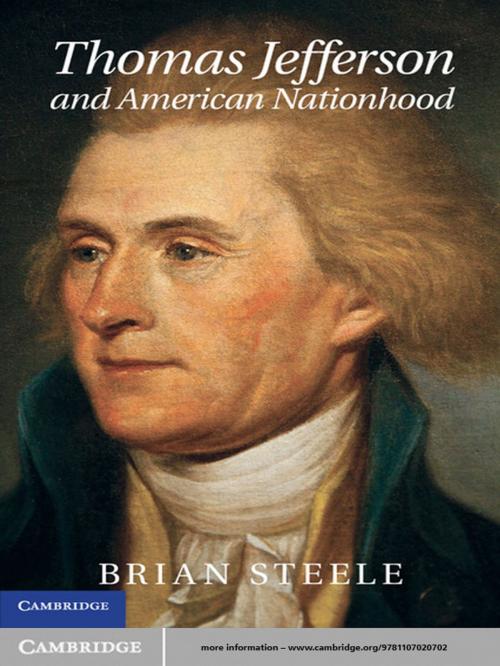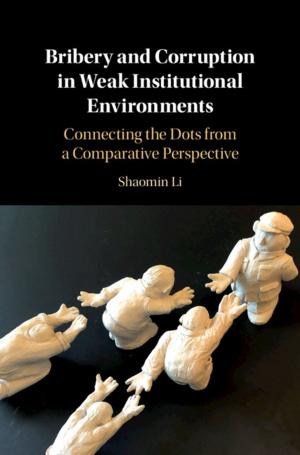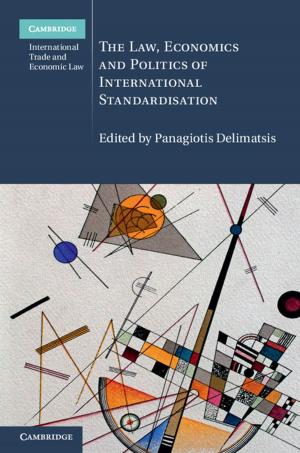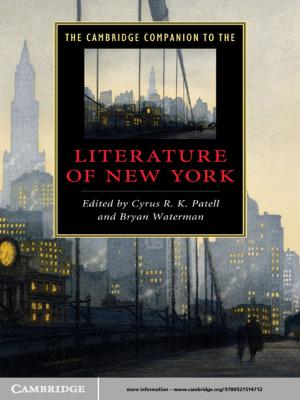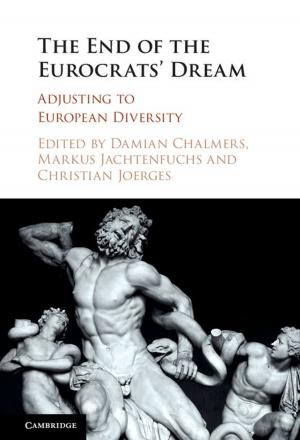Thomas Jefferson and American Nationhood
Nonfiction, History, Americas, United States, 19th Century, Social & Cultural Studies, Social Science| Author: | Professor Brian Steele | ISBN: | 9781139540117 |
| Publisher: | Cambridge University Press | Publication: | July 30, 2012 |
| Imprint: | Cambridge University Press | Language: | English |
| Author: | Professor Brian Steele |
| ISBN: | 9781139540117 |
| Publisher: | Cambridge University Press |
| Publication: | July 30, 2012 |
| Imprint: | Cambridge University Press |
| Language: | English |
This book emphasises the centrality of nationhood to Thomas Jefferson's thought and politics, envisioning Jefferson as a cultural nationalist whose political project sought the alignment of the American state system with the will and character of the nation. Jefferson believed that America was the one nation on earth able to realise in practice universal ideals to which other peoples could only aspire. He appears in the book as the essential narrator of what he once called the 'American Story': as the historian, the sociologist and the ethnographer; the political theorist of the nation; the most successful practitioner of its politics; and its most enthusiastic champion. The book argues that reorienting Jefferson around the concept of American nationhood recovers an otherwise easily missed coherence to his political career and helps make sense of a number of conundrums in his thought and practice.
This book emphasises the centrality of nationhood to Thomas Jefferson's thought and politics, envisioning Jefferson as a cultural nationalist whose political project sought the alignment of the American state system with the will and character of the nation. Jefferson believed that America was the one nation on earth able to realise in practice universal ideals to which other peoples could only aspire. He appears in the book as the essential narrator of what he once called the 'American Story': as the historian, the sociologist and the ethnographer; the political theorist of the nation; the most successful practitioner of its politics; and its most enthusiastic champion. The book argues that reorienting Jefferson around the concept of American nationhood recovers an otherwise easily missed coherence to his political career and helps make sense of a number of conundrums in his thought and practice.
